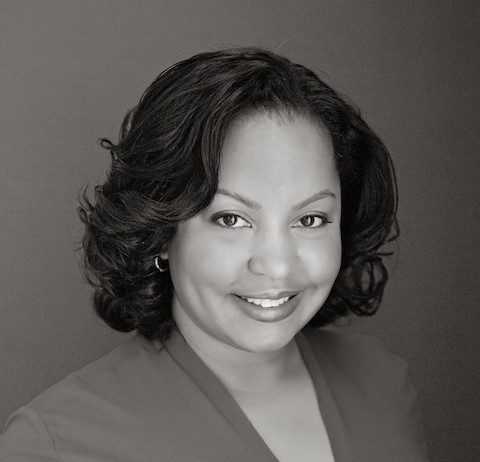
If women have no access to abortion in Tennessee, what happens next?
What happens to women, pregnant as the result of rape, who don’t want to carry the trauma inside them for nine months? What happens to women who simply can’t afford another child – financially or emotionally?
Those who back the first constitutional amendment on the November 4th ballot do not want you to consider what happens next.
If Amendment 1 passes, Tennessee’s Republican-controlled legislature will enact enough abortion restrictions to make Roe v. Wade meaningless.
Whether it’s mandatory waiting periods or medically unnecessary hurdles for a procedure with a lower rate of complications than a colonoscopy, draconian measures adopted in other states would surely find a home here.
“If this passes, it opens the floodgates,” said Allison Glass, state director of Healthy and Free Tennessee, which promotes reproductive rights.
The fight over Amendment 1 exposes the hypocrisy of pro-fetus, anti-child conservatives who bark for smaller, less intrusive government while maneuvering their way into women’s personal affairs.
What the legislature won’t do is abandon a foolhardy commitment to abstinence-only sex ed in public schools, find money for universal pre-K, or persuade Governor Bill Haslam to save more than 800 lives annually by accepting federal money to expand Medicaid.
Here’s what the proposed amendment says: “Nothing in this Constitution secures or protects a right to abortion or require the funding of an abortion. The people retain the right through their elected state representatives and state senators to enact, amend, or repeal statutes regarding abortion, including, but not limited to, circumstances of pregnancy resulting from rape or incest or when necessary to save the life of the mother.”
You read that right. The decision to outlaw abortion even in the stomach-churning case of incest would be left in the hands of state legislators, 83 percent of whom are men.
That prospect worries Rebecca Terrell, executive director of the reproductive health center, Choices. Terrell spends a good bit of her time these days debunking “Yes on 1’s” talking points, which include the fact that 25 percent of abortions in Tennessee are performed on women who live out of state.
In Mississippi, which has just one abortion provider, 2 percent of abortions were obtained by women who live out of state. The reason why women come to Tennessee to get an abortion is no different than the reason why children with cancer come from around the globe to St. Jude Children’s Research Hospital.
“They say it’s an abortion destination,” Terrell said. “It’s really a health-care destination.”
On Saturday, Terrell was among 200 people gathered in First Presbyterian Church’s parking lot for what was billed as a get out the vote rally, complete with a bounce house for kids and toe-tapping music. At a break in the music, “No on 1” field director Gail Tyree took to the stage and led the crowd in a call-and-response.
“All you need to know,” she yelled. “No on 1!” the crowd yelled back.
More energy, money (nearly $2 million raised so far), and national attention have been directed at the Amendment 1 battle than at any other constitutional amendment in recent history. Terrell and others are trying to be sure they stay on the right side of the line that prohibits 501(c)3s from lobbying.
A healthy roster of Christian ministers and other faith leaders, both white and black, are firmly in the “No on 1” camp.
“As people of faith, we are and should be concerned about the impact of any legislation that might limit access to basic needs for survival for people who are already at risk,” said Rev. Faye London, interfaith coordinator for SisterReach, a reproductive rights organization. “As I’ve traveled across the state, most of the clergy I’ve encountered, whether they’ve been able to say it out loud or not, feel the same way.”
London is careful not to directly advocate against Amendment 1, but is frank about the high stakes. Access to abortion, she says, is a basic need. “The ability to build the life that is going to be healthiest for you and your family is a basic need.”
A May poll by Vanderbilt University found that 71 percent of voters opposed giving the state legislature authority to regulate abortions.
A No vote on Amendment 1 gives women facing an unintended pregnancy, not legislators, the right to decide what happens next.